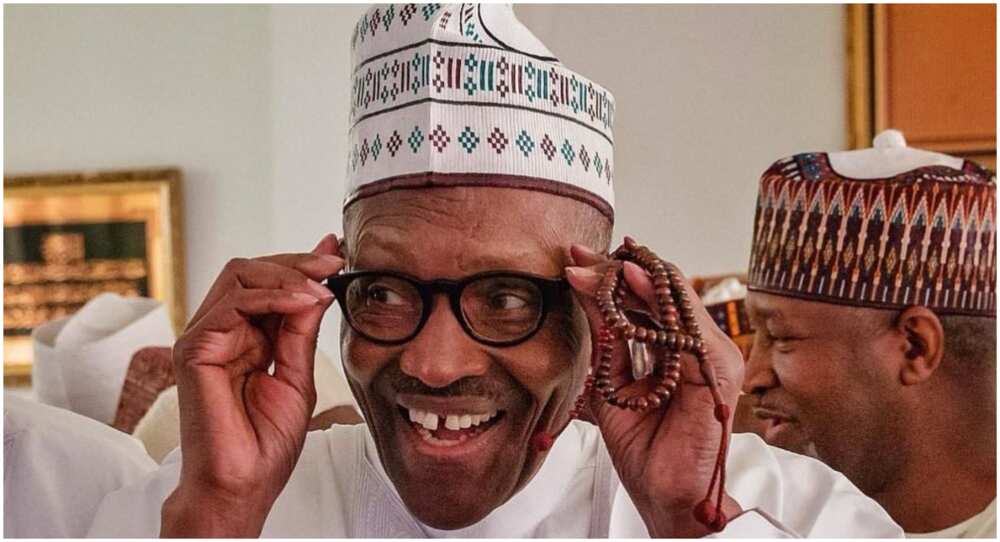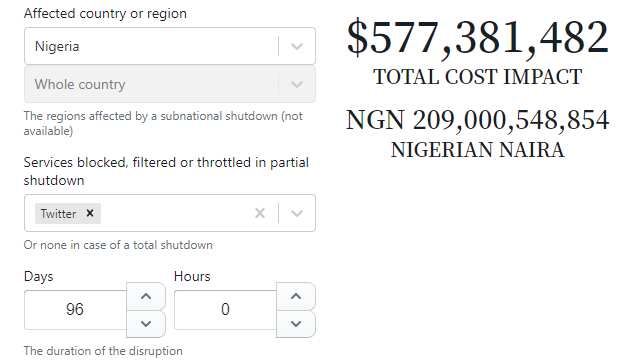N209bn in 96 Days: How & Why Nigeria is Losing Billions to Twitter Ban (Analysis)
During the Federal Executive Council (FEC) meeting chaired by the Vice President, Professor Yemi Osinbajo, on Wednesday, August 7, the Nigerian government promised it would lift the ban it placed on Twitter.
The minister of information and culture, Lai Mohammed, announced this on behalf of the government and further submitted that the team set up by the federal government has been having an “extremely positive” dialogue with Twitter.

Source: Facebook
While “appreciating the anxiety of Nigerians,” the information minister, in his hope-raising words, submitted that “the end for an amicable solution is very much in sight.”
But fast forward in September 2021 -- barely four months after the bird app was slammed with a ban-- it has been like waiting for Godot as the country continues to lose money to an action many consider to be draconian, obnoxious and unnecessarily overthought.

Read also
Breaking: Buhari speaks tough on IPOB, says it’s unthinkable any Igbo man wants to leave Nigeria
A way to the background
The Nigerian government on Saturday, June 5, officially banned Twitter from operating in the country, following its seemingly impulsive removal of President Muhammadu Buhari’s controversial tweet.
PAY ATTENTION: Join Legit.ng Telegram channel! Never miss important updates!
Irked by the wanton destruction, killings and attacks on security operatives in the southeast and south-south regions of the country, the president, a former military head of state and repentant democrat had threatened to treat some aggressive secessionists “in the language they understand.”
Buhari’s statement came amid mounting security threats across the country climaxed by the abduction of some students in both government colleges and universities in Niger, Kaduna, and Zamfara by bandits.
Controversial as it was widely understood, the statement was trailed by a whirlpool of reactions, with a number of social media users on Twitter calling on Jack Dorsey, the CEO and founder of the platform to give the “Buhari a Donald Trump treatment.”
Trump, a former US president, was suspended by Twitter after his tweet led to the attack on the Capitol amid grand delusions to overturn the victory of his predecessor Joe Biden in the November 3, 2020 election.
In a subsequent move, the National Broadcasting Commission (NBC) ordered all the broadcast media in the country to suspend the use of Twitter “with immediate effect.”
This was contained in a statement issued by its former director-general, Armstrong Idachaba, on Monday, July 7.
Garba Shehu, a presidential aide, in a statement said “the removal of President Buhari’s tweet was disappointing.” He also claimed Twitter was not banned but temporarily suspended, citing that it is a place where “misinformation” trends, among other reasons.
The Nigerian government has since then endorsed Koo, which represents a significant push in the Indian app's journey to position itself as a genuine challenger to Twitter in Nigeria.
However, in fierce defiance, Nigerians have continued to be using Twitter albeit with Virtual Private Network (VPN), a connection that extends a private network across a public network and enables users to send and receive data across shared or public networks.
Nigeria government losing money to Twitter ban: how?
The country is said to have 40 million active Twitter users, though this claim has been disputed. The fact, however, remains that the platform not only provides jobs for Nigerians as social media managers and influencers but also generates revenue into the purse of the government.
The Twitter ban has been having a strong effect on the revenue of Nigeria, with Africa’s most populous nation said to be losing a whopping N96.7million ($260,000) every single hour ever since July 2021 when the ban was announced.
Between June 5 when the ban took effect and September 8 (96 days), Nigeria has lost N209 billion ($577 million) according to Netblocks.

Source: UGC
How does Netblock arrive at its figure?
Netblocks, a data-driven web application that allows people, including journalists, researchers, advocates, policymakers to rapidly evaluate the economic cost of internet outages, makes estimates through its Cost of Shutdown Tool (COST).
COST, a data-driven online policy instrument, gives an estimate on the economic impact of internet disruption, mobile data blackout, or app restriction in a nation registered under it.
To achieve this, it uses indicators from the World Bank, International Telecommunication Union, Eurostat and U.S. Census.
With this parameter which can be used for the cost of internet disruption on Facebook, Twitter, Youtube, Instagram Whatsapp, Netblocks gives the exact cost of Twitter app restriction in Nigeria to be N209 billion ($577 million) since the ban came to effect in June 2021.
Source: Legit.ng



